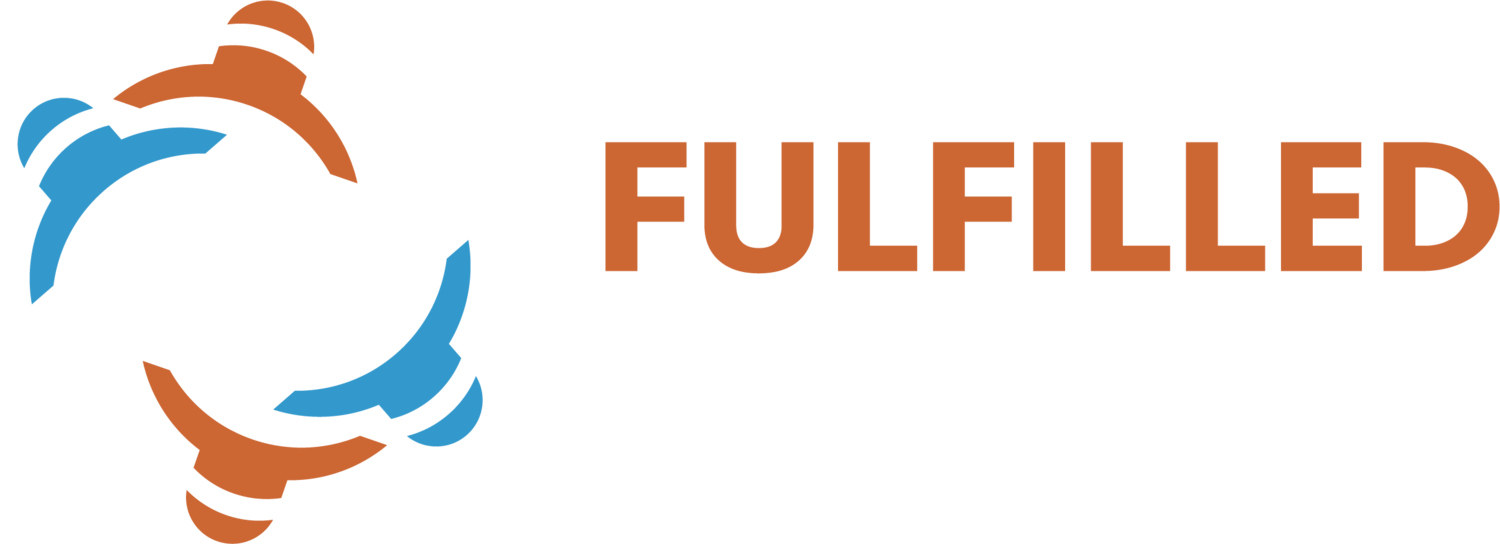Fears, Struggles, & Concerns
Being a mental health practitioner has given me the opportunity to hear many personal stories from individuals, couples, and families regarding life in the age of the COVID pandemic. These important stories reflect the various fears, struggles, and concerns regarding the virus itself, while shedding light on how people have been impacted by the way the pandemic has been handled socially and politically. This article examines this latter notion by considering the distinction between care and coercion.
Stress & Mental Health
Without question, the pandemic and its associated stressors have contributed to a mental health crisis. Countless people around the world are concerned about contracting the virus, while worrying about their family members, their jobs, their livelihoods, and their overall sense of freedom. They are scared and anxious, and struggling to envision a return to normalcy as governments respond to the COVID virus and developing variants by issuing shutdowns along with mask and vaccine mandates.
Increasing Tensions
The recent vaccine mandates have fomented societal tensions, whereby thousands of people in various countries have arisen in protest against decisions being made by those wielding political power. Their demonstrations reflect a growing frustration and resentment as certain politicians and governments fail to acknowledge the distinction between the utilization of care and coercion:
Care involves great thoughtfulness, consideration, and great respect for the individuality of others. It helps foster connection, security, and trust. Coercion selfishly neglects to recognize or value individuality and resorts to the use of force, fear, manipulation, and the abuse of power to make others do something against their will. It generates anger, resentment, and resistance.
As a Marriage & Family Therapist, the dichotomy between care and coercion is a continual consideration. A thoughtful practitioner understands that effective care and treatment involves carefully listening and responding to the needs of each patient. Therapists who tell their clients what to do, or try coercing them to do something, are not only being unethical in their professional decision making, they are hindering the client from harnessing their internal strengths and capacities in improving their emotional and relational health long term.
Reducing Fear, Shame, & Chaos
Great wisdom and leadership are needed as our world navigates the fear, shame, and chaos that have taken root societally since the pandemic unfolded last year. Fear has become a simultaneous pandemic, and opened the door for people, politicians, and the news media to shame those holding views different than their own on this important matter. Unsurprisingly, this has exacerbated sociopolitical tensions, while facilitating an anger and distrust of others that we must not allow to continue unfettered.
We can reverse this process of fear, shame, and chaos by holding to a deep respect and care for ourselves and others. This includes acknowledging an individual’s natural right to choose what goes into their body (i.e., being vaccinated, not being vaccinated), readily deviating from coercing them into doing something that violates that freedom and right, and aiming to offer support and comfort to each other on a local, national, and global level.
Preserving Strength & Unity
This is a process oriented perspective that acknowledges that order in a society only exists when the members of that society engage on the basis of a deep respect for one another. It also recognizes how essential it is to care for one another in the midst of this global crisis, and to communicate openly in aims of finding effective solutions to the pandemic, without resorting to an unnecessary coercion fueled by criticism, guilt, and shame.
Care is by far the more effective and powerful strategy in this regard since it honors our humanity, helps reduce fear, facilitates trust, and creates the context for unity, freedom, and strength to exist in this country and around the world.
Eric Gomez
Marriage & Family Therapist
Fulfilled Christian Counseling

